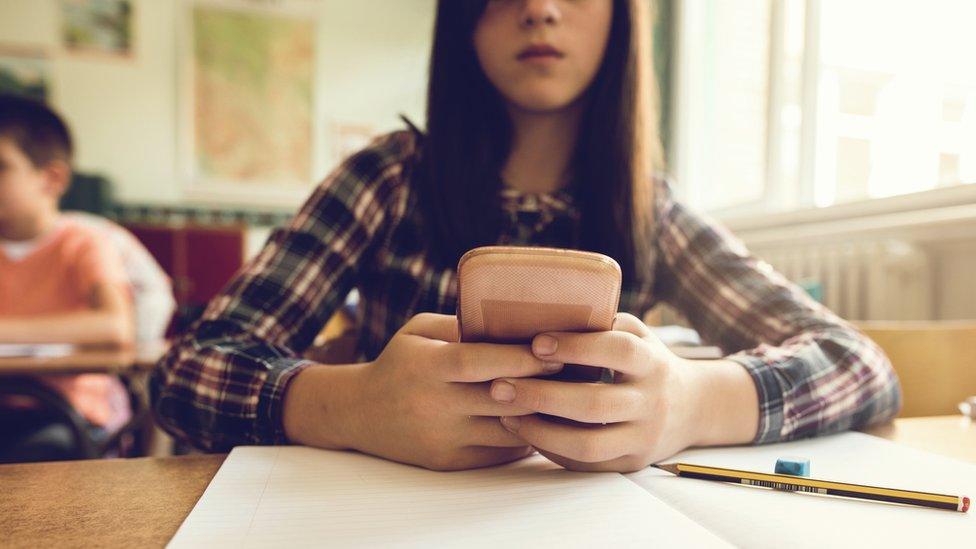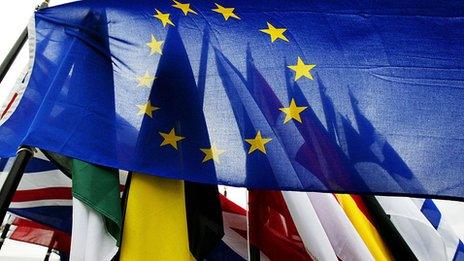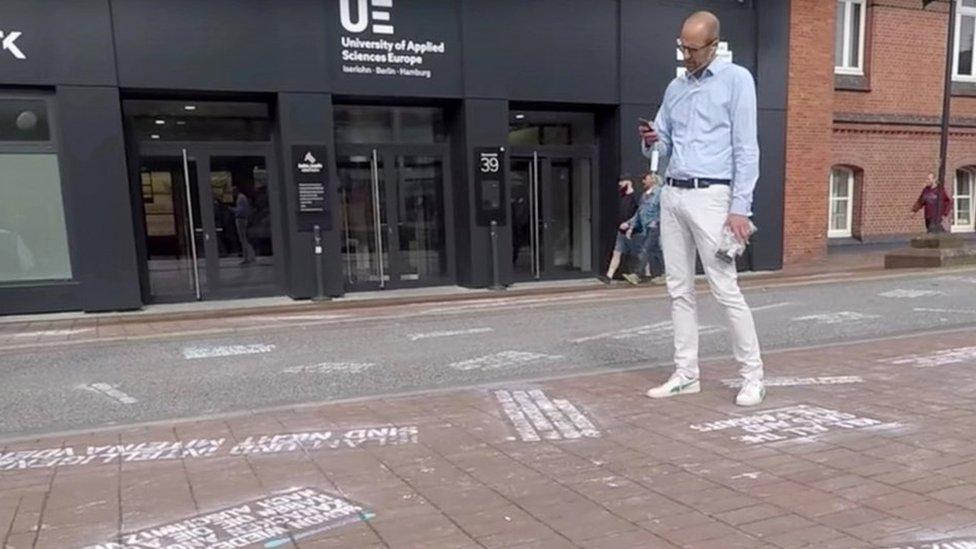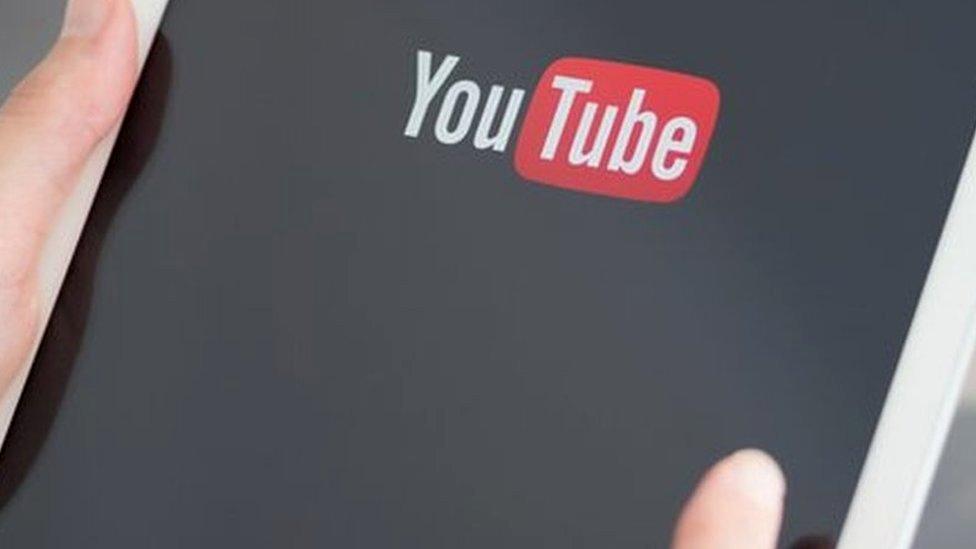Facebook funds anti-bullying training in schools
- Published

Facebook has said it will fund existing training for one young person in every UK secondary school so they can support children who experience cyber-bullying.
There are 4,500 secondary schools in the UK, of which around half have a digital ambassador trained by anti-bullying campaigns The Diana Award and Childnet International.
The "digital safety ambassador" scheme is part of Facebook's commitment to online safety, the firm said.
But one charity said more must be done.
Facebook will provide £1m ($1.3m) to the scheme.
The funding provides an extension of existing projects offered by the two organisations to schools who choose to opt in.
New research suggests that young people are more likely to discuss online bullying with each other than with parents or teachers.
"This partnership is the next step in our ongoing effort to help young people build safe and supportive communities," said Antigone Davis, Facebook's head of global safety policy.
"Over the last decade, we have developed a wealth of innovative resources on Facebook that enable young people to look after themselves and their peers, from our updated Safety Centre, to our online reporting tools.
"By offering trained digital safety ambassadors to every UK secondary school we are now taking this commitment offline too."
The UK's children's charity NSPCC welcomed the investment but said it was only part of what needed to be done.
"Anything that arms children with the tools and confidence to deal with online bullying is a good thing," it said.
"However, it is absolutely vital that Facebook and the internet industry work to ensure that their platforms are safe environments for young people to use.
"We want to see a strong set of minimum standards that all social media companies must follow including grooming and bullying alerts on platforms, an army of child safety moderators, clear community guidelines, and greater transparency about how and what they are doing to keep children safe online."
'Positive changes'
Poppy Muffett, a 15-year-old digital leader from Wath Comprehensive School in Rotherham, said the role had given her confidence.
"The most enjoyable part of the programme is planning events or creating posters, as you know that you're making a difference within the school and wider community," she said.
"Over the two years that I have had this role, I have noticed positive changes around the school. It feels like we have made the school a better place, and I know we will continue to do so in the future."

Analysis: Rory Cellan-Jones, BBC Technology Correspondent
This looks like an ambitious initiative by Facebook, but £1m is quite a limited sum if thousands of children in 4,500 schools are to be trained as digital ambassadors.
It comes as all the social media firms are under pressure from the government to sign up to a voluntary code of practice.
The culture secretary Karen Bradley has described this move as "fantastic" but she says she wants more from the companies.
This is an existing programme run by Childnet and the Diana Award. On the face of it, it's an impressive idea - kids are more likely to listen to other kids than to parents or teachers.
What parents may be asking is, "why isn't Facebook doing more to remove abusive content quickly from its platform?".
- Published29 September 2017

- Published22 September 2017
- Published8 August 2017

- Published5 August 2017
